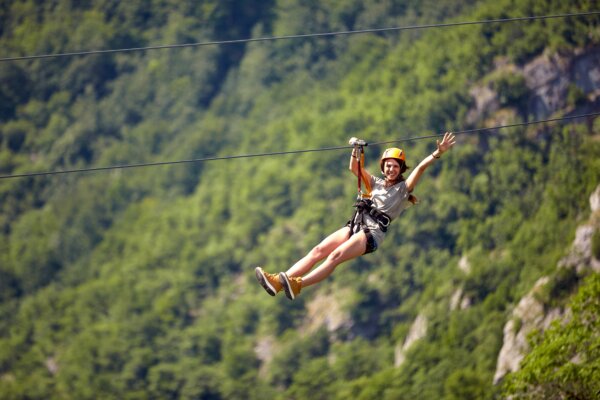
Chicago skyline
CHICAGO — In a remarkable study on violent crime and gun use in Chicago, one of America's most violent cities, researchers at Northwestern University sought to measure the accessibility of firearms for offenders and map the gun market in the Windy City through “handshakes.”

“Literally, we wanted to know how many ‘handshakes’ away possible users of illegal firearms are to a gun. How easy is it for them to get a gun?” researcher and sociology professor Andrew V. Papachristos explained in a statement when describing the intent of his study. “There are a lot of guns in Chicago. Chicago recovers more firearms each year than any other city, but we don’t really have a lot of data on guns and gun markets in the city.”
Rebuilding Chicago's co-offending network of about 188,000 people and using data on firearms collected by the Chicago Police Department, Papachristos and his team created a “roadmap” for how guns move through communities and how people are exposed to them. They found that anyone in the network could obtain a gun in about 2.5 “handshakes,” or interactions — buying, selling, receiving, etc.
“A distance of 2 equates with an ‘associates’ associate’ — the equivalent of asking someone for a gun and that person replying, ‘I know someone who can get you a gun.',” says Papachristos. “People are pretty darn close to guns, but it’s not quite as easy as driving through McDonald’s, but gangs play a key role in facilitating access to guns.”
The study also found that gang membership brings guns closer, reducing the number of handshakes by 27%.
The research is among the first attempts to map a gun network using network science. Papachristos hopes to use the same methodology to compare results in other cities or states bound by different gun laws.
“While Chicago and Illinois have strict gun laws, the proximity to cash and carry’ states like Indiana make the borders of these markets a bit more porous than an analysis focusing on a single city might lead one to believe,” says Papachristos. “We need to understand how markets, even illegal ones, are shaped by policies and, in turn, what sorts of policies might be used to change the flow of guns in a network.”
The full study was published May 9, 2018 in the Journal of Public Health.











How are guns acquired illegally and which laws are they breaking?? Chicago has a terrible record of not prosecuting people for illegal possession of guns.